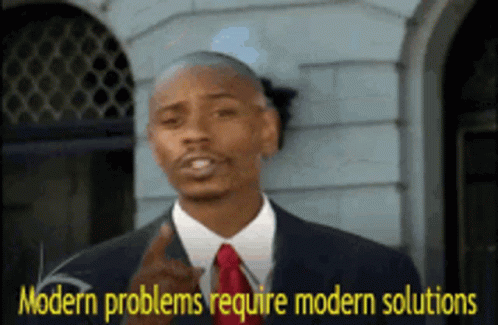As part of the times of the internet, memes have seamlessly become a part of routine life, seeping gradually into our day-to-day vernacular. Some extremely relatable, some downright hilarious, memes can be found everywhere, becoming an integral part of our lives to such an extent that we refer to them in everyday conversation, share them amongst our friend circles, and quickly jump atop the Meme-wagon as soon as a new meme catches the eye of the masses.
In fact, reputed foreign universities have introduced specialized courses in meme studies, where you can actually pursue a degree in memes! UC Berkeley and the University of Cambridge are among prominent universities that seek to understand and analyze this “Meme Revolution“. This brings us to the question of why memes are so relevant to popular culture.
At the surface level, memes might just be graphical representations of commonplace situations, kind of like illustrated comics, but much simpler to design, easier to understand, and quicker to recreate. Broken to its bare essentials, a meme is nothing but an expression of popular sentiments and opinions. Sometimes borrowed directly from books, movies, and TV shows, sometimes remixed to carry an entirely different meaning, a line becomes a meme as a direct consequence of human acceptance and creativity.
An Independent Language
Any information or instance becomes meme-worthy due to its relatability. From awkward social encounters to modern-day difficulties to a reflection of everyday life, the ideas depicted in memes are short, simple, and succinct. Memes assume a universality as they are understood by several people irrespective of linguistic or geographical differences, becoming a language within itself, thereby forging a sense of community within cyberspace.
Memes not only bridge languages, but their relatability fosters a sense of belonging among certain internet users in specific age groups. Memes are a fun and easy way for teenagers to communicate with their pals, whether to express their opinions about certain sociopolitical topics or to reaffirm their fascination with famous people. Indeed, the process of spreading memes, sharing them on social media platforms, and tagging their friends under specialized meme pages has improved communication around the world and contributed to the triumph of globalization.
After all, modern problems require modern solutions.

The Quest for Relevance
That being said, this cultural paradigm is reflective of the mindset of the current society – one that loves entertainment, celebrates materialism, and reinforces people’s need to remain relevant. Not everyone understands every meme that makes its way through their social media feeds. Understanding a meme necessitates a certain level of cultural awareness as well as familiarity with obscure pop-culture allusions.
When people understand a meme, it shows that they are aware of these references. Memes have an in-crowd appeal that improves one’s belief in their ‘cool’ factor, making them feel like buff Doge. However, because of their accessibility and capacity to reach a large audience in minutes, memes may also be used as propaganda tools, easily instilling and cementing opinions that quickly become popular among cybernauts.
While they are capable of having a positive influence on society, some people believe that memes impede communication in more ways than simply reducing things to one-liners and visuals. They can be used to exacerbate hostile and discriminatory sentiments toward certain races, genders, religions, or sexualities, thus expanding rather than bridging the divide between people. Moreover, the ability of a meme to be shared with many people in a really short span of time is only proof of the captive power of a meme to control and modify popular sentiment, sometimes leading to the spread of misinformation and ill will.
There’s no doubt that memes have changed the way we communicate, for better or worse. However, as we progress into the digital age, we are forced to examine the impact of memes on more traditional modes of communication. This culture may find its way into literary and academic circles, affecting our perspective on the world.
Or maybe, just maybe, memes are nothing more than the result of human inventiveness. Perhaps, at the end of the day, they’re nothing more than a hilarious illustration of people utilizing humor to cope with all of life’s tragedies and sadness.
K.R. Swathi is a student pursuing English Literature from Jamia Millia Islamia.
Edited by: Shoa Falak



GIPHY App Key not set. Please check settings